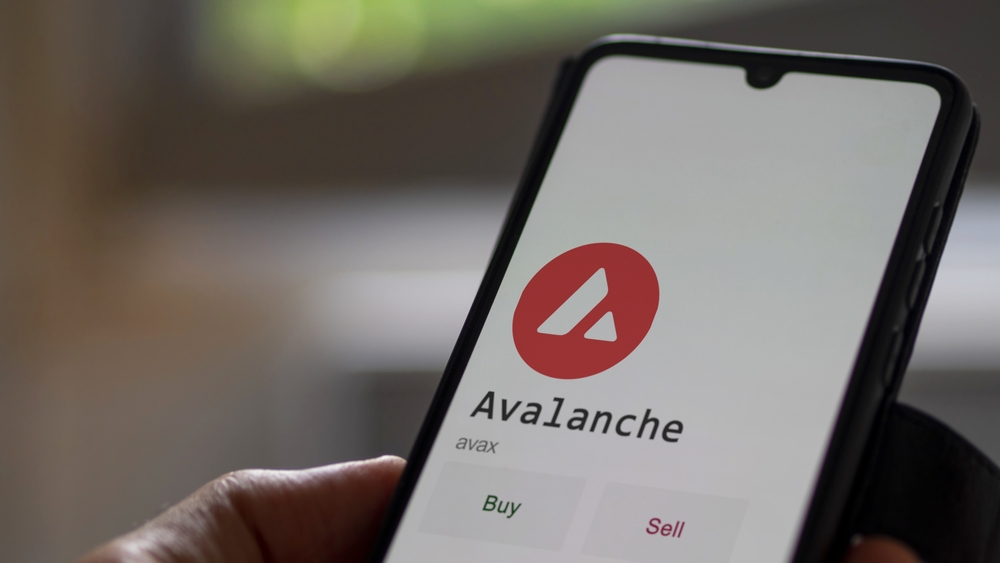Ava Labs chief executive Emin Gün Sirer defended blockchain technologies as he testifies before the House Financial Services Committee. The crypto stalwart challenges the regulators and policymakers to expedite the provision of reasonable laws to nurture blockchain technologies’ growth.
Sirer Advocacy for Blockchain Innovation
Sirer, who has emerged as a critical developer in digital assets since creating the Avalanche protocol, confirmed the invitation to testify before the committee on Tuesday, June 13. Also appearing before the committees in the Circle’s chief executive Jeremy Allaire, NFA News head Thomas Sexton III, and Coy Garrison from Steptoe & Johnson law firm.
Sirer restated his goal as an advocate supporting free, secure, and ethical blockchain innovation within the United States. He added his advocacy of scientific and technical merits in the systems. His testimony before the committee is timely to shed light on blockchains and digital assets utilization in public.
Sirer emphasized that he would testify concerning tokenizing, real-world assets, and digital representation. He restated that tokenizing is not targeted at evading laws. Instead, tokenization involves a natural product derived from blockchain technology.
Tokenization involves improving blockchains over conventional systems like computer databases and replacing paper filing cabinets. Sirer observed that blockchain creators hardly formulated tokenization to circumvent laws and rules.
The Ava Labs chief considers tokenization technology as solving a critical challenge inherent in computer science. He considers tokenization as delivering consensus within diverse and diverse computers.
Tokenization is Inseparable as Conventional Internet Systems Struggle Solving Complex Challenges
Sirer is to testify that tokenization is unavoidable as it becomes the building block to solve the complex challenges that conventional internet systems struggle to solve. Although it appears obscure, tokenization is to facilitate the creation of unique digital assets. Besides, it tracks ownership while safely guaranteeing business and process execution.
The Avalanche founder confirmed initiating the proof-of-work cryptos before the emergence of Bitcoin. In his conversation with Stacy Elliott and Dan Roberts, he restates how solid principles in Avalanche avoided FTX contagion.
Nonetheless, the Turkish-American computer scientist admits Sam Bankman-fried damaged cryptos’ reputation among venture capitalists. He promised to testify why institutions demonstrate affinity to crypto. Also, he would demonstrate Avalanche’s long-run success, particularly in serving Wall Street institutions and decentralized finance (DeFi) degens.
The computer scientist lauded for developing a Bitcoin scaling solution – Bitcoin-NG will restate distributed networks’ resilience, safety, audacity, and availability.
Revisiting the SEC Enforcement Actions Against Crypto Exchanges
Sirer plans to reemphasize blockchains’ critical input in the digitally-native space. His testimony coincides with the widespread criticism of the SEC for declaring enforcement actions against two leading centralized crypto exchanges, Binance and Coinbase.
The lawsuit against Binance is projected to have widespread ramifications across the digital assets industry. Crypto advocates illustrated that the regulator alleges a violation by the Channgpeng Zhao-led Binance offered unregistered securities.
Besides, the lawsuit identifies dozens of assets it classifies as securities. Documents filed by the Gary Gensler-led SEC outlined Solana, Cardano, Decentraland, Algorand, Coti, Axie Infinity, Cosmos, Filecoin, and The Sandbox as securities alongside the Binance BNB token and Binance’s stablecoin BUSD. The classification prompted Robinhood and eToro to delist the coins considered tokens in their offer to the US customers.
Blockchains Input in the Digitally-Native Space
The move by the SEC to consider several blue-chip cryptocurrencies as securities is attracting opposition. In particular, Solana, Polygon, and Cardano issued counterclaims against the security label by the SEC. The three entities dispute the classification alongside the slew of tokens SEC holds are unregistered securities when charging the non-compliant crypto exchanges.
Sirer holds that the capability to leverage distributed networks constitutes a desirable goal whose mandate supersedes compliance with financial services regulations and securities laws. Similarly, leveraging the potential of decentralized networks is beyond compliance with rules that govern communications and commerce.
The computer expert considers reigniting awareness of decentralized networks critical amid the rapid rise in artificial intelligence. Sirer projects to testify that blockchains are an inevitable technology for the world as it integrates a digitally-native world.
Editorial credit: Maurice NORBERT / Shutterstock.com
